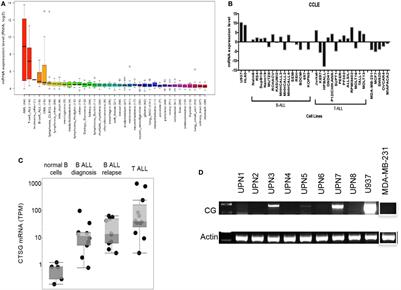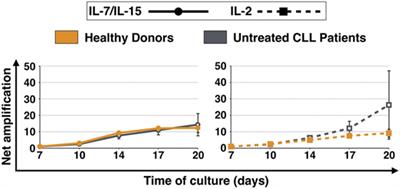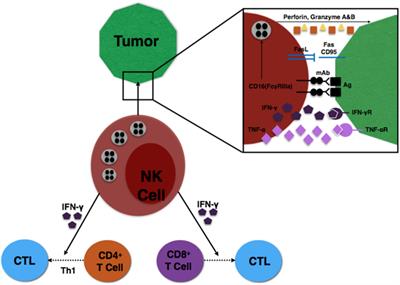EDITORIAL
Published on 27 Nov 2019
Editorial: Cellular Therapies in Cancer
doi 10.3389/fimmu.2019.02788
- 3,815 views
- 9 citations
35k
Total downloads
146k
Total views and downloads
EDITORIAL
Published on 27 Nov 2019
CORRECTION
Published on 17 Apr 2019
ORIGINAL RESEARCH
Published on 13 Apr 2018

REVIEW
Published on 15 Feb 2018

ORIGINAL RESEARCH
Published on 02 Feb 2018

ORIGINAL RESEARCH
Published on 25 Jan 2018

ORIGINAL RESEARCH
Published on 10 Jan 2018

REVIEW
Published on 05 Jan 2018

REVIEW
Published on 22 Dec 2017

PERSPECTIVE
Published on 24 Nov 2017

ORIGINAL RESEARCH
Published on 30 Oct 2017

REVIEW
Published on 27 Oct 2017

